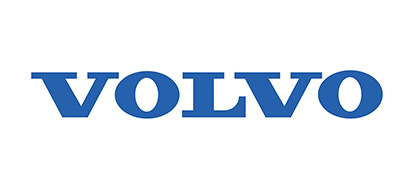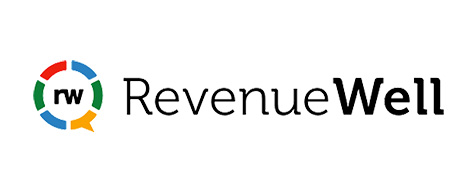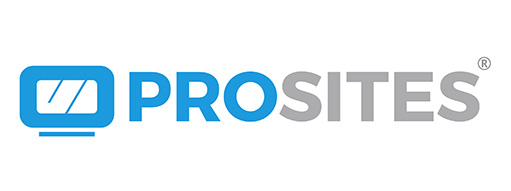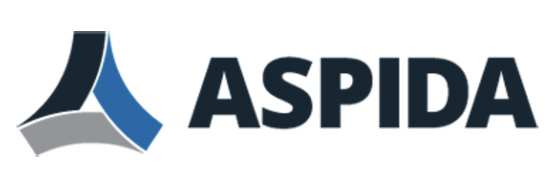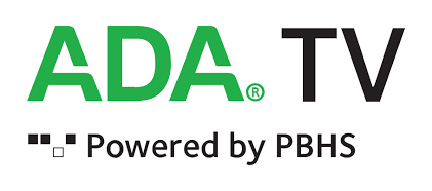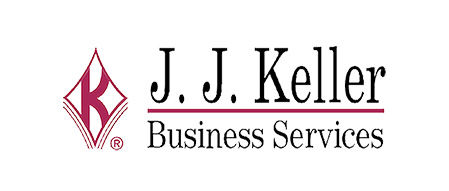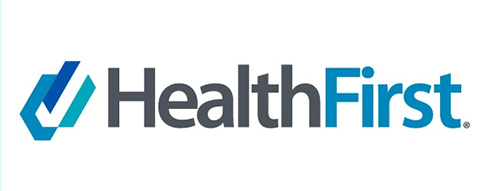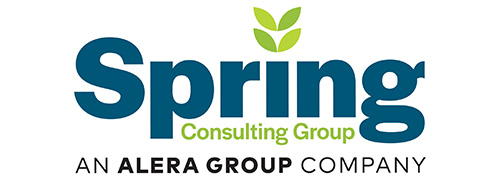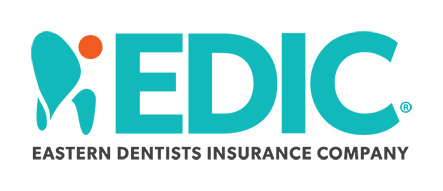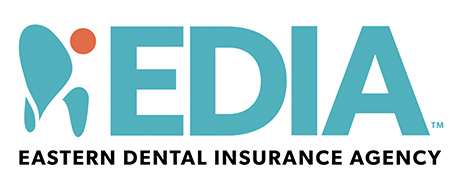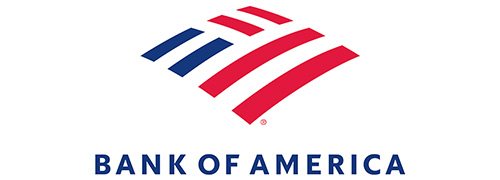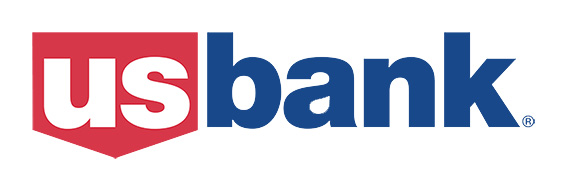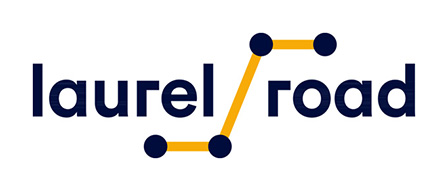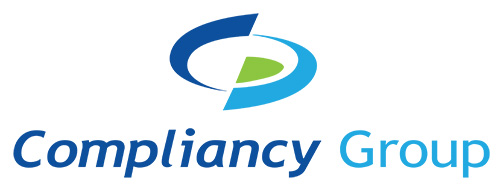
Empowering dental health professionals throughout their careers.
How can we help you?
The Latest
-
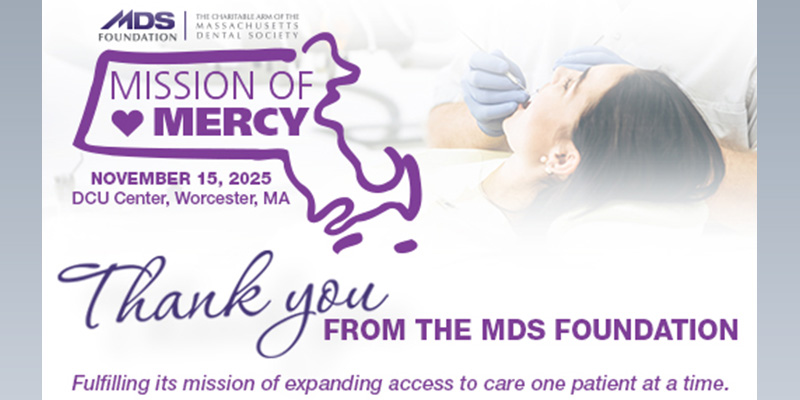
MOM No-Cost Dental Clinic
The MDS Foundation Mission of Mercy held on November 15, 2025, provided dental care valued at over $215,000 to more than 220 patients. Thank you to the over 300 volunteers, community partners, and corporate sponsors who made the clinic possible.
-

Shop Amazon & Support MDS
Support the MDS while shopping on Amazon. Use the MDS/Amazon link when you’re ordering for your practice, stocking your breakroom, or purchasing holiday gifts. Your purchases can support MDS at no cost to you. Note: MDS will only earn $$ if you shop through the URL, not in the app.
-

MDS Fall Journal Is Out!
The Fall 2025 Journal of the Massachusetts Dental Society is hot off the presses. In this issue, the “Diversity and Inclusion in the Dental Field” article examines the systemic challenges faced by Deferred Action for Childhood Arrivals (DACA) recipients in the U.S. dental education system.

By the Numbers
340
New members who have joined the MDS community since January 1, 2025.
6,000+
Members who turn to the MDS for career support and networking opportunities.
300+
Continuing education courses offered on a variety of topics.
Featured Events
View All EventsTestimonials:

Testimonials
What MDS Members Are Saying
It's more than just a membership. It's a gateway to professional growth, genuine community, and a balanced career.
Dr. Jessy Ajram
I appreciate how I am able to ask my mentors for clinical advice and questions related to dentistry. It is refreshing to receive honest, unbiased perspectives from my mentors and peers.
Mentorship Pod Program Participant

Being a part of the MDS has truly been a blessing. I have always wanted to be involved in more than just clinical dentistry and the MDS gave me that opportunity.
Dr. Aekta Patel
My favorite part of volunteering was connecting with others and making a positive impact, even in small ways. I’ll take away a deeper sense of empathy and the importance of being present and helpful in any situation
MDS Cares Volunteer, Yasmir Balza, DMD

Members Saving Program Partners
Managing the business side of dentistry can be a time-consuming task. The MDS Member Savings Program is designed to help you save money, increase office efficiency, and motivate your staff, all while offering exceptional customer service. Best of all, these products and services are available to you right here, reducing the time you spend on research.




